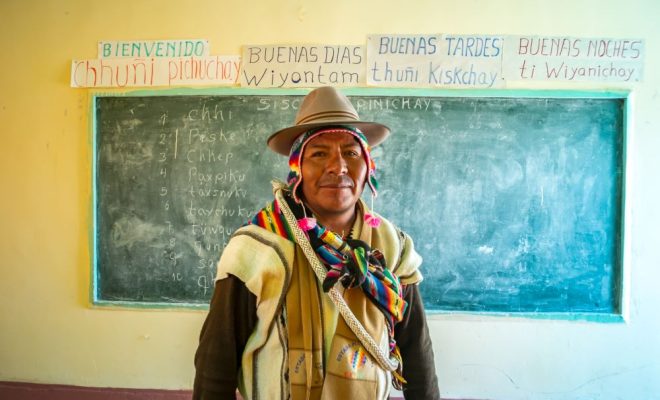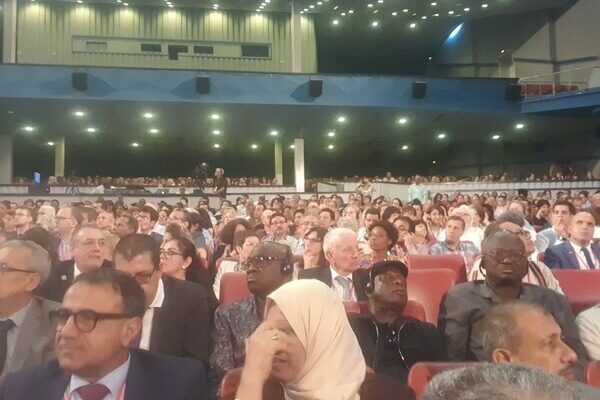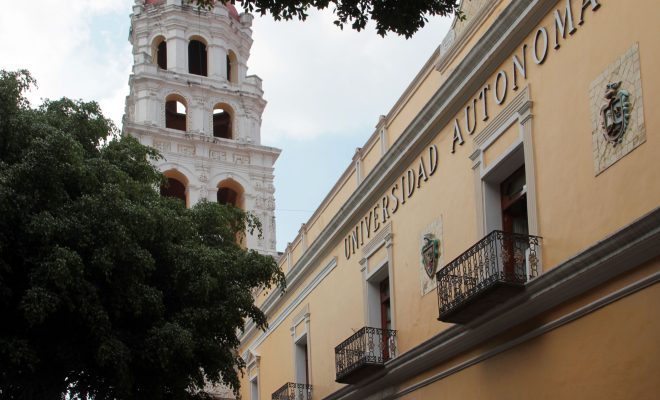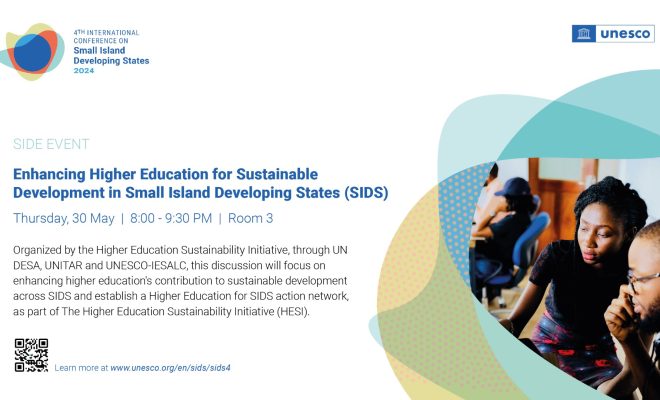CRES+5 will address cultural diversity and interculturality in higher education

CRES+5 will be an opportunity to analyse the achievements of higher education in Latin America and the Caribbean and, at the same time, to establish priorities for the next Regional Conference on Higher Education in 2028.
The discussions held under the CRES+5 thematic axis 2 will address the fact that the Latin America and the Caribbean, is home to a multiplicity of diverse cultures, languages, traditions, knowledge and ways of life. However, the region faces the challenge of overcoming the coloniality of power and knowledge that has meant the exclusion, marginalization and discrimination of the people who represent this same diversity. In this effort, Higher Education Institutions (HEIs), in connection with communities and social groups, as well as with other levels of the educational system, must not only recognize and value cultural diversity, but also promote the construction of interculturality as an epistemological and political principle.
Advances in this path since the CRES 2018 are recognized, such as the expansion of legal frameworks and public policies dedicated to the promotion of interculturality; as well as the growth in number and scope of Intercultural Universities. Associated with these advances, there remains, on the one hand, the challenge of translating the principles and regulations into concrete practices, such as the curricularization of the intercultural and not only its integration in specific actions; the overcoming of folklorizing visions of cultural diversity that do not promote its valorization but its decontextualization; the training of bilingual intercultural teachers; the connection between HEIs and communities to avoid practices of epistemological extractivism.
On the other hand, there is also the challenge of advancing the understanding of interculturality as a commitment of the entire higher education system and not only of intercultural HEIs. Conventional universities are called upon to invest in measures of relevance and pertinence to the cultural diversity of the society they serve.
Another priority challenge is the fight against all forms of racism in higher education systems, which implies going beyond measures of access to historically minority groups within HEIs, also considering policies of permanence and accompaniment, to ensure the educational and cultural rights of indigenous and Afro-descendant students and other socio-cultural groups in situations of discrimination in each country under conditions of equity.
Axis 2 has the special mission of addressing the multiple experiences and proposals based on cultural diversity and interculturality and, at the same time, to generate a regional, integrated and panoramic vision of the progress and pending challenges in this area.
Participating – Leading the work of this axis are: Daniel Mato; director of the UNESCO Chair “Higher Education and Indigenous and Afro-descendant Peoples in Latin America” at the Universidad Nacional de Tres de Febrero (UNTREF), Argentina; Jacob Omar Jerónimo, professor at Kaqchikel University and co-founder of the Central de Organizaciones Indígenas y Campesinas Maya Ch’orti’, Guatemala; Sandra de Deus, professor of the Department of Communication at the Universidad Federal de Rio Grande do Sul (UFRGS), Brazil and Santiago J. Ruiz Alvarez, Director of Scientific Research at the National Autonomous University of Honduras (UNAH).
Base Document – The draft base documents resulting from the activities of the WGs responsible for each thematic axis of CRES+5 are now available. The fourth preparatory meeting for the Conference took place in Havana, Cuba, on February 7 and 8, and discussed the drafts of these documents.
The regional call for contributions to CRES+5 is still open. Higher education institutions, organizations and networks in Latin America and the Caribbean can participate (via a specific form) in the collective construction of the Conference’s follow-up meeting, with comments or documents that reflect their considerations of the main challenges facing higher education in the region.
The contributions received were reviewed by the experts responsible for each of the 12 Thematic Axes of the Conference, who evaluated their relevance for inclusion in the preparation of the base document corresponding to their respective thematic axis.
CRES+5 – The follow-up meeting to CRES 2018, called CRES+5, is being organized by MEC, through Sesu and Capes, in collaboration with UNESCO IESALC. Rectors, directors, academics, workers, students, higher education networks, associations and professionals, research centers, unions, representatives of governmental and non-governmental organizations and all those interested in higher education in the region are invited to this meeting.
Among the preparatory activities for the CRES+5 follow-up meeting, different instances of open and participatory debate were organized in the region as part of the methodological construction process of the event. Throughout 2023, in-person meetings were held in Córdoba (Argentina); Puebla (Mexico); and Asunción (Paraguay). In addition, preparatory virtual public consultations were held to debate and collect information on the 12 Thematic Axes of CRES+5, as well as to contribute to the organization of the Conference. The fourth preparatory meeting was held in Havana, on February 7 and 8, 2024 within the framework of the University Congress 2024.
Registration for CRES+5 can be made until February 13, 2024 using the form available on the respective website. More information about the Conference can be obtained through the website or email cres5@unesco.org.
CRES – The III Regional Higher Education Conference 2018, held in Córdoba (Argentina) in June 2018, adopted a Declaration and an Action Plan 2018-2028. Furthermore, it committed to holding a follow-up meeting five years later, CRES+5, aiming to promote a participatory process to highlight the progress achieved, as well as remaining challenges and emerging issues, especially in the wake of the Covid-19 pandemic crisis. 19. CRES+5 will be an opportunity to analyse the achievements of higher education in Latin America and the Caribbean and, at the same time, establish priorities for the next Regional Conference on Higher Education, in 2028.
MEC Social Communication Advisory, with information from Sesu and UNESCO IESALC
RELATED ITEMS








